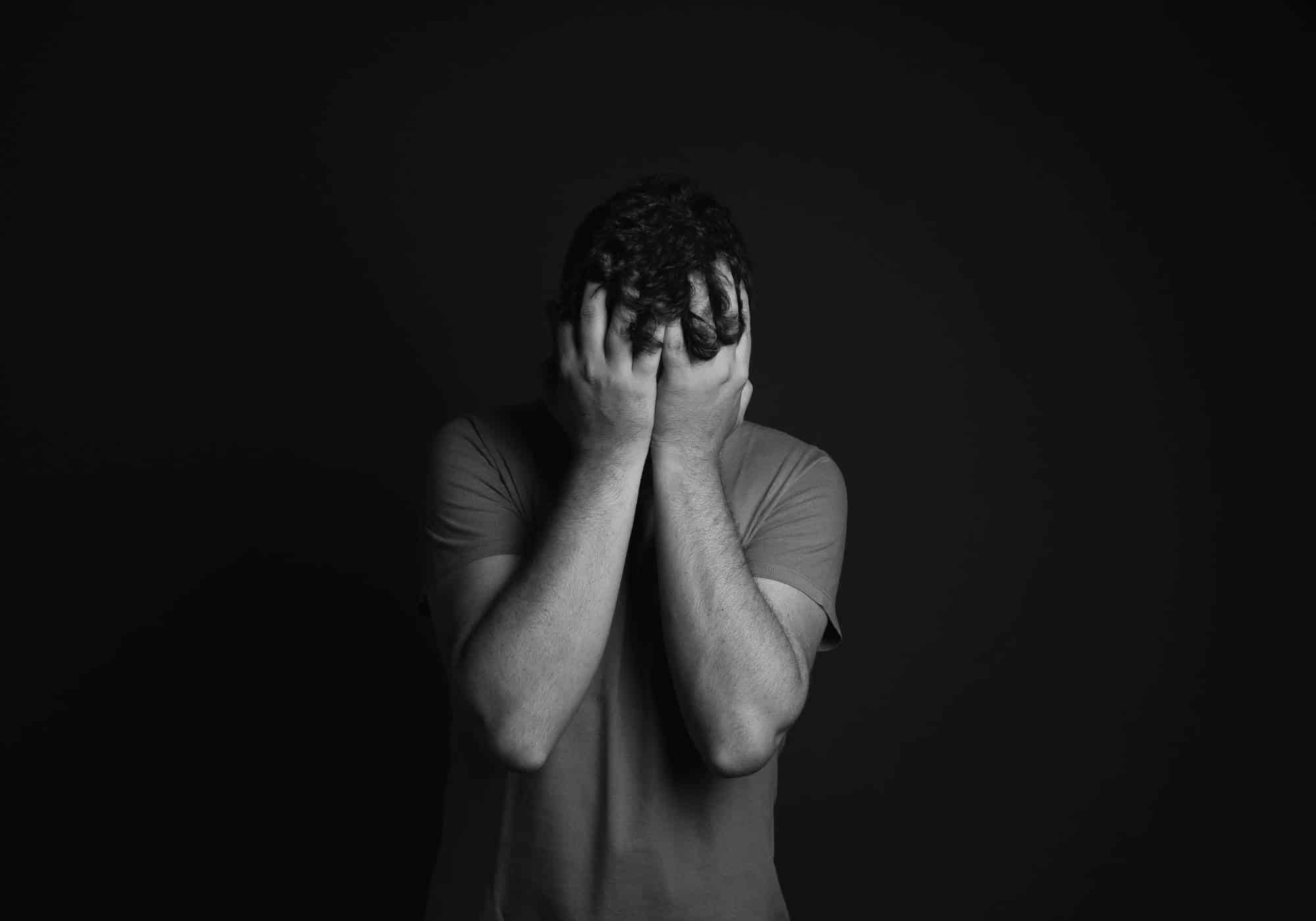Depression is a pervasive mental health disorder that affects millions of individuals worldwide. It can significantly impact daily functioning, relationships, and overall quality of life. Understanding the duration of depression is crucial for those experiencing it and their loved ones seeking support. This comprehensive guide explores how long depression lasts, the factors influencing its duration, and effective outpatient treatment options available to help individuals navigate their journey toward recovery.
Understanding Depression
Depression is more than just feeling sad or experiencing a temporary low mood. It is a complex mental health condition characterized by persistent feelings of sadness, hopelessness, and a lack of interest or pleasure in activities once enjoyed. Depression can manifest physically and emotionally, affecting one’s energy levels, appetite, sleep patterns, and cognitive functions.
Symptoms of Depression
Common symptoms of depression include:
- Persistent sadness or low mood
- Loss of interest in previously enjoyable activities
- Significant weight loss or gain
- Insomnia or excessive sleeping
- Fatigue or loss of energy
- Difficulty concentrating or making decisions
- Feelings of worthlessness or excessive guilt
- Recurrent thoughts of death or suicide
These symptoms must last for at least two weeks and represent a change from previous functioning to be classified as a major depressive episode according to the Diagnostic and Statistical Manual of Mental Disorders (DSM-5).
Types of Depression and Their Duration
Depression is not a one-size-fits-all condition. There are various types, each with its unique features and duration.
Major Depressive Disorder (MDD)
Major Depressive Disorder is characterized by severe symptoms that interfere with daily life. An individual must experience symptoms for at least two weeks to be diagnosed with MDD. Without treatment, MDD can last for several months or even years, though many people see improvement within six months to a year with appropriate treatment.
Persistent Depressive Disorder (PDD)
Previously known as dysthymia, Persistent Depressive Disorder involves chronic depression lasting for at least two years. Individuals with PDD may experience symptoms that are less severe than those of MDD but are more enduring, often making it difficult to function effectively in daily life.
Seasonal Affective Disorder (SAD)
Seasonal Affective Disorder is a type of depression that occurs at specific times of the year, usually in the winter months when there is less natural sunlight. SAD symptoms typically begin in the fall and continue into the winter months, sapping energy and making individuals feel moody. They usually improve with the arrival of spring and summer.
Bipolar Disorder
Bipolar Disorder includes episodes of depression alternating with episodes of mania or hypomania. The depressive episodes in bipolar disorder can last from weeks to months, similar to Major Depressive Disorder, but the presence of manic or hypomanic episodes distinguishes it from other types of depression.
Factors Influencing the Duration of Depression
Several factors can influence how long depression lasts, including:
Biological Factors
Genetics play a significant role in depression. Individuals with a family history of depression are more likely to experience it themselves. Additionally, imbalances in neurotransmitters like serotonin, dopamine, and norepinephrine can contribute to the onset and persistence of depressive symptoms.
Psychological Factors
Personality traits, such as low self-esteem or being overly critical of oneself, can increase the risk of developing depression. Traumatic experiences, chronic stress, and ongoing negative thinking patterns also contribute to the duration and severity of depression.
Environmental Factors
Chronic stressors such as financial difficulties, relationship problems, or the loss of a loved one can trigger or prolong depressive episodes. Additionally, a lack of social support can make it harder for individuals to recover from depression.
Lifestyle Factors
Poor lifestyle choices, such as inadequate sleep, lack of physical activity, and unhealthy eating habits, can exacerbate depression and prolong its duration. Conversely, positive lifestyle changes can aid in recovery and reduce the length of depressive episodes.
Co-occurring Disorders
The presence of other mental health conditions, such as anxiety disorders, substance abuse, or eating disorders, can complicate depression and extend its duration. Effective treatment often requires addressing all co-occurring conditions simultaneously.

How Long Does Depression Last?
The duration of depression varies widely among individuals and depends on the type of depression, the severity of symptoms, and the effectiveness of treatment.
Here are some general timelines:
- Major Depressive Disorder: Typically lasts from several months to a year without treatment. With proper treatment, many individuals experience significant improvement within six months to a year.
- Persistent Depressive Disorder: Lasts for at least two years, with periods of less severe symptoms interspersed with more intense depressive episodes.
- Seasonal Affective Disorder: Symptoms occur seasonally, usually lasting from fall to spring each year.
- Bipolar Disorder: Depressive episodes can last from weeks to months, interspersed with manic or hypomanic episodes.
Early intervention and effective treatment are crucial in reducing the duration and severity of depression. Without treatment, depression can become chronic, significantly impacting one’s quality of life.
Treatment Options for Depression
Effective treatment is essential for managing depression and reducing its duration. Various treatment options are available, and the most effective approach often involves a combination of therapies tailored to the individual’s needs.
Outpatient Treatment
Outpatient treatment is a flexible option that allows individuals to receive therapy while continuing with their daily responsibilities. It is suitable for those with mild to moderate depression or those who have completed inpatient treatment and require ongoing support.
Therapy
Different types of therapy can help individuals manage depression:
- Cognitive Behavioral Therapy (CBT): Focuses on identifying and changing negative thought patterns and behaviors that contribute to depression.
- Interpersonal Therapy (IPT): Addresses relationship issues and improves interpersonal skills.
- Psychodynamic Therapy: Explores underlying emotional conflicts and unconscious processes that may contribute to depression.
- Mindfulness-Based Cognitive Therapy (MBCT): Combines cognitive therapy with mindfulness strategies to prevent relapse.
Medication
Antidepressant medications can be an effective component of treatment for depression.
Common types include:
- Selective Serotonin Reuptake Inhibitors (SSRIs): Increase serotonin levels in the brain, improving mood and emotional state.
- Serotonin-Norepinephrine Reuptake Inhibitors (SNRIs): Boost both serotonin and norepinephrine levels, helping to alleviate depressive symptoms.
- Tricyclic Antidepressants (TCAs): Affect multiple neurotransmitters to improve mood and reduce depression.
- Monoamine Oxidase Inhibitors (MAOIs): Increase levels of serotonin, norepinephrine, and dopamine by inhibiting their breakdown.
Lifestyle Changes
Incorporating positive lifestyle changes can significantly impact the duration and severity of depression:
- Regular Exercise: Physical activity releases endorphins, which can improve mood and reduce symptoms of depression.
- Healthy Diet: A balanced diet supports overall mental and physical health.
- Adequate Sleep: Ensuring sufficient and quality sleep helps regulate mood and energy levels.
- Stress Management: Techniques such as meditation, yoga, and deep breathing exercises can reduce stress and improve emotional well-being.
Support Systems
Having a strong support system is vital for individuals experiencing depression.
Support can come from:
- Family and Friends: Providing emotional support and understanding.
- Support Groups: Connecting with others who are experiencing similar challenges.
- Mental Health Professionals: Offering guidance and therapeutic interventions.
Alternative Therapies
Some individuals find relief through alternative therapies, such as:
- Acupuncture: May help alleviate depressive symptoms by promoting relaxation and reducing stress.
- Art Therapy: Provides a creative outlet for expressing emotions and processing experiences.
- Music Therapy: Uses music to improve mood and emotional expression.
Coping Strategies for Managing Depression
In addition to professional treatment, incorporating coping strategies can help individuals manage depression and potentially shorten its duration.
Establish a Routine
Creating a daily routine can provide structure and a sense of normalcy, helping to reduce feelings of chaos and unpredictability that often accompany depression.
Set Realistic Goals
Setting achievable goals can provide a sense of purpose and accomplishment, boosting self-esteem and motivation.
Engage in Activities
Participating in activities that bring joy and fulfillment can help distract from depressive thoughts and improve overall mood.
Practice Self-Compassion
Being kind to oneself and avoiding self-criticism can alleviate feelings of worthlessness and shame associated with depression.
Limit Alcohol and Avoid Drugs
Substance use can exacerbate depression and interfere with treatment, making it essential to avoid alcohol and recreational drugs.
Stay Connected
Maintaining social connections can provide emotional support and reduce feelings of isolation.
When to Seek Professional Help
Recognizing when to seek professional help is crucial in managing depression effectively.
Individuals should consider seeking help if they experience:
- Persistent feelings of sadness or hopelessness
- Difficulty functioning in daily life
- Suicidal thoughts or behaviors
- Significant changes in sleep, appetite, or energy levels
- Withdrawal from social activities and relationships
Early intervention can prevent depression from becoming chronic and improve the chances of successful treatment and recovery.

Supporting a Loved One with Depression
Supporting someone with depression requires understanding, patience, and empathy.
Here are some ways to help:
Educate Yourself
Understanding depression can help you provide better support. Learn about the symptoms, treatment options, and ways to communicate effectively.
Listen and Offer Support
Be a compassionate listener. Let your loved one express their feelings without judgment or interruption.
Encourage Professional Help
Gently encourage your loved one to seek professional help and offer to assist them in finding resources or accompanying them to appointments.
Promote Healthy Habits
Encourage activities that promote well-being, such as regular exercise, healthy eating, and adequate sleep.
Be Patient
Recovery from depression takes time. Be patient and understanding, recognizing that progress may be slow and nonlinear.
Depression is a multifaceted mental health disorder with varying durations and impacts on individuals’ lives. Understanding how long depression lasts involves recognizing the type of depression, the factors influencing its duration, and the importance of effective treatment. Outpatient treatment offers a flexible and supportive environment for individuals to receive the care they need while maintaining their daily responsibilities
At Hooked on Hope Mental Health, we are dedicated to providing comprehensive outpatient treatment programs tailored to each individual’s unique needs. Our approach combines evidence-based therapies, medication management, and holistic strategies to support long-term recovery and improve overall quality of life. If you or someone you love is struggling with depression, don’t hesitate to reach out for help. Contact us at 470-287-1927 or fill out our online contact form today to take the first step toward a brighter, healthier future.
Depression Treatment in Atlanta, GA
Hooked on Hope Mental Health is committed to supporting individuals on their journey to overcoming depression. Our outpatient treatment programs are designed to provide the flexibility and comprehensive care needed to address the unique challenges of each person. Through personalized treatment plans, compassionate support, and a focus on holistic well-being, we help our clients achieve lasting recovery and improve their mental health.
Contact Hooked on Hope Mental Health today 470-287-1927 or fill out our online contact form to learn more about our outpatient treatment options and how we can assist you or your loved ones in managing and overcoming depression. Remember, seeking help is a brave and essential step toward reclaiming your life and finding hope amidst the darkness.






